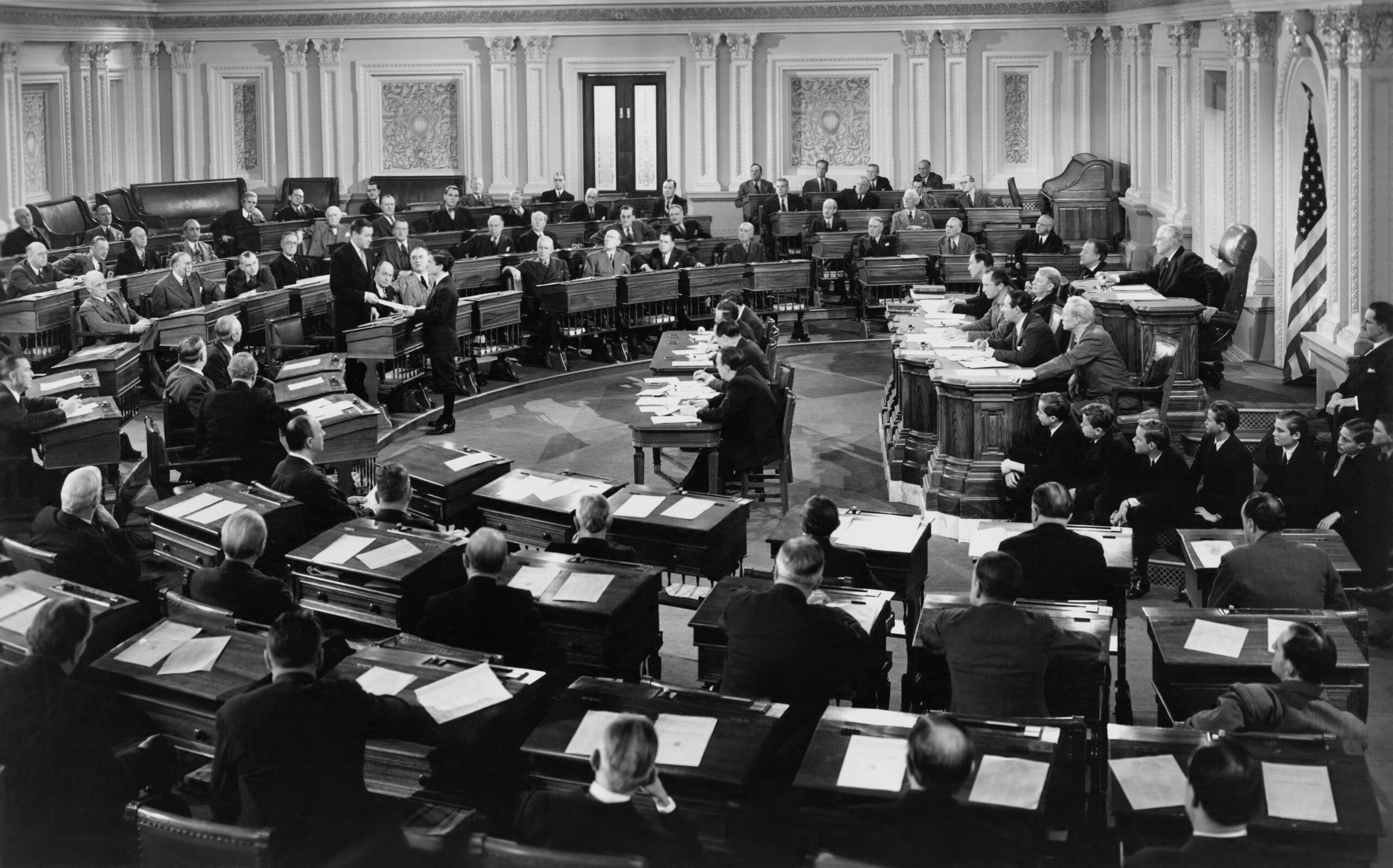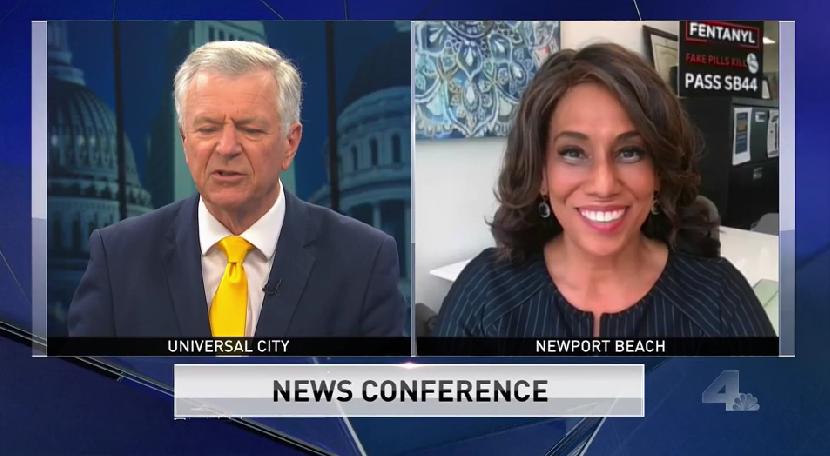Washington, DC. — In a rare display of bipartisan cooperation, dozens of Democrats joined their Republican counterparts in passing a bill focused on fentanyl-related drug penalties. This legislation aims to address the growing concerns surrounding the illicit use and distribution of fentanyl, a potent synthetic opioid linked to a significant rise in overdose deaths across the United States.

The recently passed bill has potential implications for fentanyl dealers in California, where the impact of this dangerous drug has been particularly severe. Here are some key points on how the bill might affect fentanyl dealers in the state:
Increased Penalties: The bill likely includes provisions that would enhance penalties for fentanyl-related offenses. This could lead to stricter sentences and harsher consequences for individuals involved in the illegal production, distribution, and sale of fentanyl in California.
Sentencing Guidelines: The legislation might establish specific sentencing guidelines that judges must consider when dealing with fentanyl-related cases. These guidelines could aim to ensure more consistent and severe punishments for offenders involved in fentanyl trafficking or sales.
The HALT Fentanyl Act still has to pass in the Senate and has a good chance. Biden has given his nod that he will sign the bill into law. Stay tuned.
Fentanyl Bills PASSED

AB 19 – Requires schools to keep Narcan available on campus.
AB 33 – Creates a Fentanyl Addiction and Overdose Prevention Task Force.
AB 461 – Makes fentanyl test strips available on college campuses.
AB 474 – Fosters cooperation between the State Threat Assessment Center and local law enforcement for fentanyl enforcement.
AB 701 – Creates a sentencing enhancement for possessing enough fentanyl to kill at least half a million people.
AB 889 – Ensures parents are taught about the dangers of fentanyl.
AB 890 – Creates a fentanyl-specific probation class for those convicted of fentanyl crimes.
AB 915 – Teaches students to recognize overdoses and how to use Narcan.
AB 1060 – Requires insurers to cover the cost of Narcan.
Janice M. Celeste, the President & CEO of FentanylSolution.org, appeared on NBC’s News Conference with Conan Nolan to discuss the fentanyl crisis and the proposed Poll-to-Prop ballot initiative. During the interview, Celeste presented her opposing views on the War on Drugs to Public Safety Committee’s Chairman, Reggie Jones-Sawyer, who has been reluctant to pass harsher penalties for drug dealers who kill with fentanyl.
Celeste argued that the fentanyl crisis is different from the War on Drugs, pointing out the development of the internet and social media as a key factor in the crisis. She explained how drug dealers are killing exponentially like never before in history, and how they are targeting children en masse, grooming them to become addicts by following them on social media.
In contrast, Jones-Sawyer has referred to fentanyl as the War on Drugs, but has been hesitant to pass harsher penalties for drug dealers. Celeste challenged this statement, emphasizing the urgency of the fentanyl crisis and the need for a comprehensive solution.
Celeste’s organization has proposed the Poll-to-Prop ballot initiative, which is a ballot measure that would increase penalties for dealers who knowingly sell drugs laced with fentanyl.
Celeste discussed that fentanyl is often added to other drugs without the user’s knowledge. Celeste also emphasized that if drug dealers stalked and groomed children in-person, they would go to prison. Why is it different if they do the same actions on a computer?
The Poll-to-Prop fentanyl ballot initiative has gained support from a wide range of organizations, including law enforcement, healthcare professionals, and addiction treatment centers.
The proposed Poll-to-Prop is a promising step towards preventing accidental poisonings and saving lives, and Celeste’s message about the need for public support cannot be emphasized enough.
Celeste urged the public to support the initiative, donate, and emphasized that it is a critical step towards addressing the fentanyl crisis and saving lives. “We need an army,” said Celeste. Every bit counts but bigger donations will get us there in time for the Presidential election. You can become a sponsor or donate by emailing at info@fentanylsolution.org or calling 888-931-6244.
Janice M. Celeste, the President & CEO of FentanylSolution.org, has been making headlines in California for the organization’s proposed solution to the fentanyl crisis. Recently, Celeste appeared on NBC 4 News in Los Angeles with reporter Lolita Lopez to discuss the organization’s efforts to combat the crisis.
During the interview, Celeste emphasized the importance of addressing the issue of fake pills and laced drugs, which are major contributors to unintentional overdoses and deaths. She explained that dealers often mix fentanyl with other drugs to increase their profits, and that many pills sold on the street are counterfeit and may contain lethal doses of fentanyl.
To address this problem, Celeste’s organization has proposed their Poll-to-Prop initiative. The proposition would increase penalties for dealers who knowingly sell drugs laced with fentanyl.
The proposition has received support from a wide range of organizations, including law enforcement, healthcare professionals, and addiction treatment centers. However, some critics argue that it resembles the War on Drugs, but Celeste argued that “When in history have drug dealers killed exponentially?”
Regardless of these criticisms, Celeste and FentanylSolution. org are taking a bold step in proposing a solution to the fentanyl crisis. The group is on schedule to get the initiative on the Presidential ballot and their efforts have brought much-needed attention to this urgent public health crisis.


